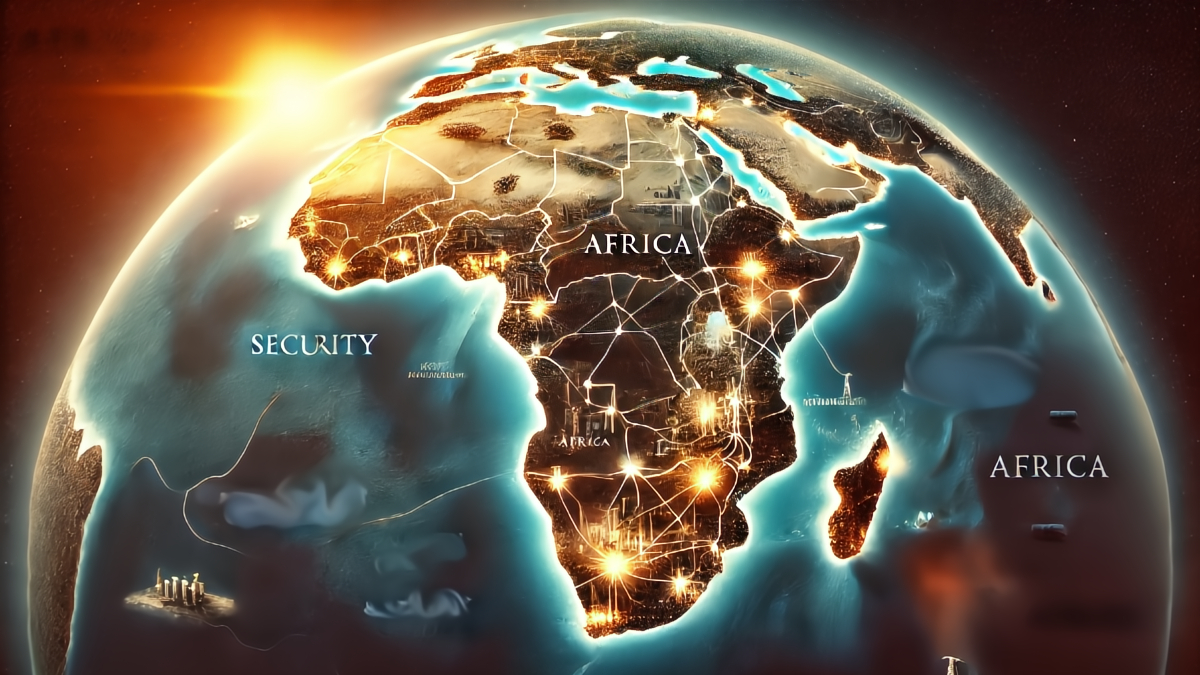Owusu on Africa
Owusu on Africa in 2025 Part 3

 By Fidel Amakye Owusu
By Fidel Amakye Owusu
When the late leader of Iran decided to tour Africa in mid-2023, he chose to visit states in East and Southern Africa.
Ebrahim Raisi was hosted in Kenya, Uganda, and Zimbabwe. The Middle Eastern power recognized the multiple potentials of these states and the need to get closer to them amid Tehran’s isolation in the global system.
In 2024, President Biden welcomed Kenya’s president, Ruto, to Washington in an elaborate state visit that was the first in a long time. Later in the year, President Xi hosted Ruto in Beijing. China, in its quest to dominate the extractive sectors of these economies, has intensified its presence. Kenya is the largest economy in East Africa.
Resources in Zimbabwe, have particularly attracted Beijing. Russia has also sought diplomatic support from these states, especially, from South Africa and Zimbabwe. Angola has also attracted the interest of both Western and Eastern powers. Many Middle Powers find great potential in the two regions.
And so, what?
Eastern and Southern Africa stand out in terms of political stability in Africa. There have been fewer military regimes and fewer coups in the region. These attributes make them destinations of choice for foreign direct investment. In recent years, Kenya, Uganda, Tanzania, and Angola have received significant FDI.
In terms of elections, Comoros, Seychelles, and Tanzania are scheduled to hold major polls. While Seychelles is likely to have an uneventful process, Comoros and Tanzania have experienced some political tensions in recent years that could affect the 2025 elections.
In 2025, South Africa is likely to continue on its economic recovery path. Kenya, Uganda, Tanzania, Angola, and Namibia are likely to remain robust economically. Comparatively, growth rates in East Africa will continue to surpass Southern Africa’s.
This notwithstanding, events in Mozambique raise some security concerns that require the attention of regional players. While extremism in the north of the country is still a problem, the country is managing, recent political unrest will need extra attention in 2025.
Activities of extremists need to be monitored across the region as terror cells and fundraising efforts intensify. Intelligence sharing and security coordination against extremism will be essential to avoid any surprises.
With the two regions together representing Africa’s economic, political, and security interests in the Indian Ocean rim and corridor, the dynamics therein need to be closely watched.
Moreover, on the economic front, the Great Power competition is going to continue in the two regional security complexes.
Fidel Amakye Owusu is an International Relations and Security Analyst. He is an Associate at the Conflict Research Consortium for Africa and has previously hosted an International Affairs program with the Ghana Broadcasting Corporation (GBC). He is passionate about Diplomacy and realizing Africa’s global potential and how the continent should be viewed as part of the global collective.

